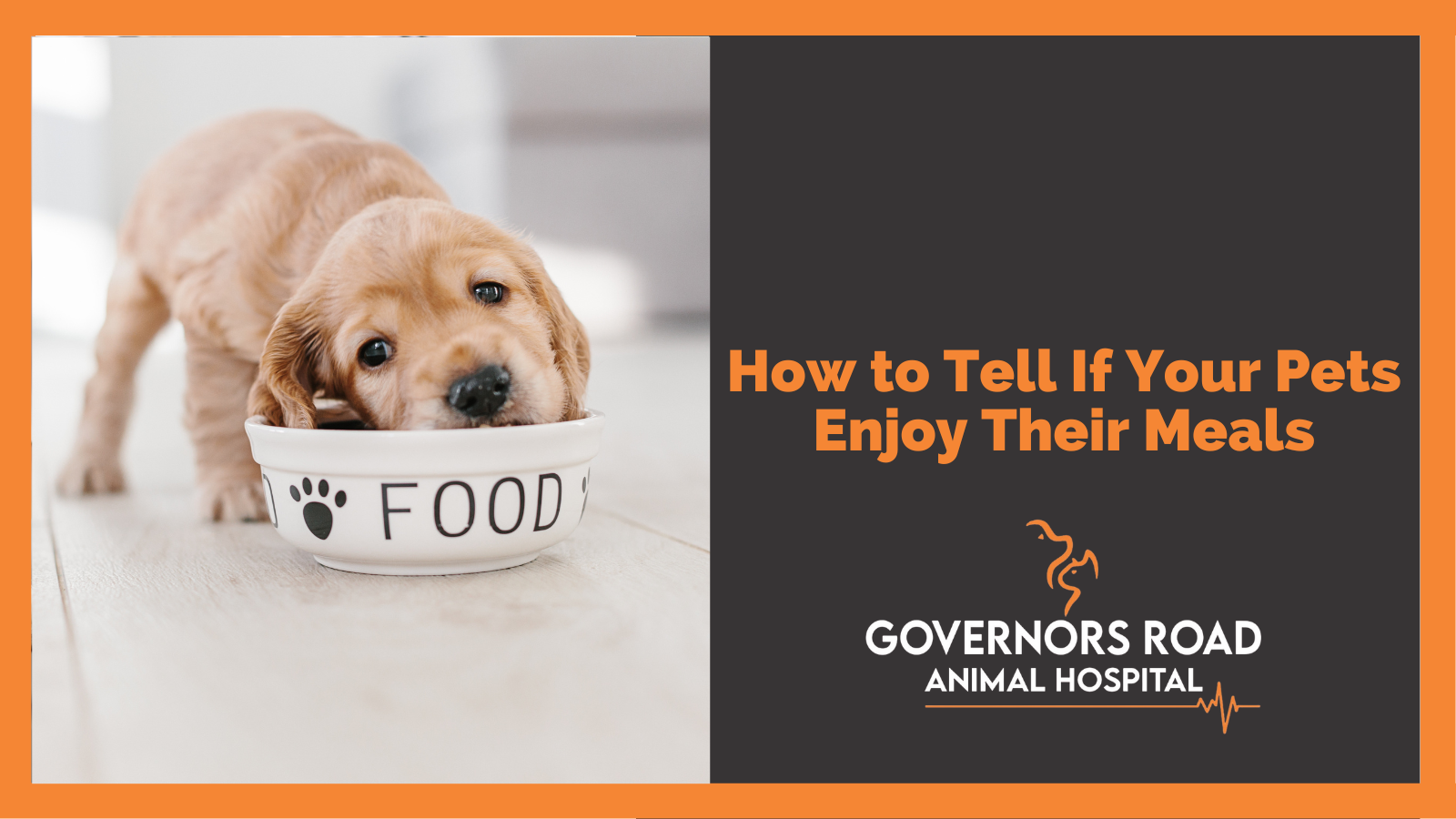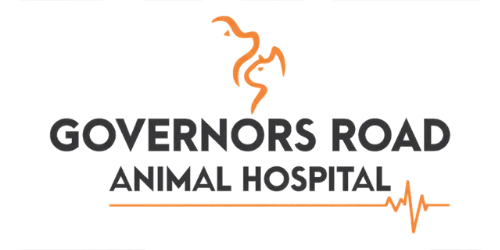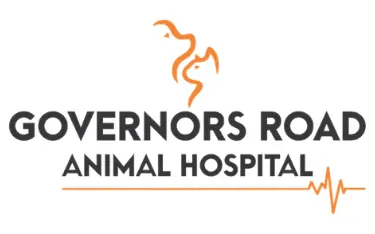
20 Oct How to Tell If Your Pets Enjoy Their Meals
Governors Road Animal Hospital in Dundas is not just a place for medical care; it’s a sanctuary for your beloved pets. We understand that your furry companions are an integral part of your family, and their well-being is of utmost importance to you. One critical aspect of their health is their diet. The question we’ll address today is, “How to Tell If Your Pets Enjoy Their Meals?” As experts in animal healthcare, we’ll delve into this crucial topic to ensure your pets are not only eating but also enjoying their meals.
Signs Your Pet Might Not Love Their Food
If your pet seems disinterested or unenthusiastic about their meals, it’s a potential sign they might not love their food. Here are some other telltale signs:
Picky Eating: Some pets can be selective eaters, but if your pet consistently turns their nose up at their food, it’s worth investigating.
Digestive Issues: Frequent upset stomachs, vomiting, diarrhea, or other gastrointestinal problems might indicate an issue with their current diet.
Weight Loss: Sudden or unexplained weight loss can be a sign that your pet is not getting the proper nutrition they need.
Lethargy: A lack of energy or enthusiasm can be linked to an inadequate diet that your pet doesn’t enjoy.
Choosing the Right Food
Selecting the right food for your pet is a key step in ensuring they love their meals. Factors to consider when choosing pet food include:
Age-Appropriate Nutrition: Puppies and kittens have different dietary needs than adult or senior pets. Make sure you’re providing the appropriate nutrition for your pet’s life stage.
Health Considerations: If your pet has specific health issues, such as allergies or sensitivities, look for food that addresses those concerns.
Quality Ingredients: High-quality ingredients, such as real meat and whole grains, provide essential nutrients and are more likely to be palatable for your pet.
Texture and Flavor: Some pets prefer dry kibble, while others enjoy wet food. Experiment with different textures and flavors to find what your pet loves.
Consulting with a Veterinarian: Your veterinarian can offer expert guidance on selecting the best food for your pet’s individual needs.
Introducing New Foods
Transitioning your pet to a new food should be done gradually to avoid digestive upset. Mix a small amount of the new food with their current food and gradually increase the proportion of the new food over several days. This approach helps your pet acclimate to the new taste and texture.
Homemade vs. Commercial Pet Food
The debate between homemade and commercial pet food is ongoing, with both options having their pros and cons. While homemade meals can be tailored to your pet’s preferences and dietary needs, it’s essential to ensure they receive a balanced diet with all the necessary nutrients. Commercial pet food, on the other hand, is formulated to meet those nutritional requirements, but some brands may contain fillers and low-quality ingredients.
Observing Your Pet
Closely monitor your pet’s response to their food, regardless of whether it’s homemade or commercial. Look for signs of improved energy levels, a shinier coat, a healthy weight, and, of course, enthusiasm during mealtime.
Making Mealtime Enjoyable
Aside from the food itself, the way you serve it can also impact your pet’s mealtime enjoyment:
Establish a Routine: Feeding your pet at the same time every day helps create a routine they can rely on.
Interactive Feeders: Some pets enjoy puzzle feeders or slow feeders, which can make mealtime more stimulating.
Avoid Stressful Environments: Feed your pet in a quiet, stress-free area to help them relax during meals.
Treats and Variety: Occasionally offering treats or adding a small amount of different, pet-friendly foods to their diet can add variety and excitement to their meals.
Veterinary Clinic in Dundas
If you’re concerned that your pet isn’t loving their food or you notice any signs of health issues related to their diet, don’t hesitate to consult with the experts at our veterinary clinic in Dundas. We can provide guidance on selecting the right food, transitioning to a new diet, and addressing any dietary concerns your pet may have.
At Governors Road Animal Hospital, your pet’s health and happiness are our top priorities. Ensuring that your pet loves their food is a fundamental part of keeping them healthy and content. Pay close attention to their preferences, choose high-quality pet food, and consult with our experienced veterinary team if you have any concerns about your pet’s diet. A happy and well-fed pet is a healthy pet, and we are here to help you achieve that goal.



Sorry, the comment form is closed at this time.